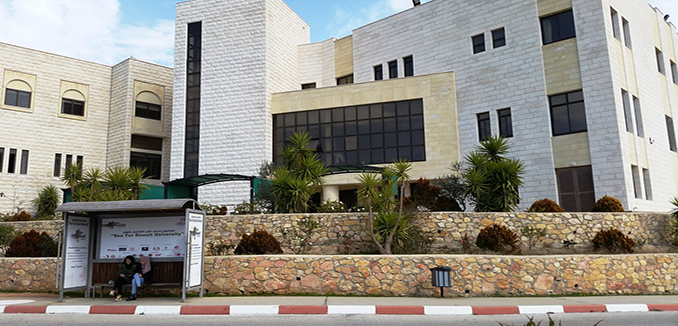The United States released Saturday the economic portion of its long-awaited Middle East peace plan – a 40-page document detailing a $50 billion, 10-year investment plan for the Palestinian Authority, Egypt, Jordan, and Lebanon ahead of the U.S.-sponsored economic conference in Bahrain on June 25-26.
The White House said on Twitter, “Generations of Palestinians have lived under adversity and loss, but the next chapter can be defined by freedom and dignity. Today, we’re unveiling Peace to Prosperity: the most ambitious international effort for the Palestinian people to date.”
The political portion of the plan will be released later.
In an interview with Reuters, senior White House adviser Jared Kushner said that $28 billion of the sum would go toward the Palestinian Authority and Gaza, while $7.5 billion would be assigned to Jordan, $9 billion to Egypt, and $6 billion to Lebanon. Of that, $26 billion would be loans, $13.5 billion grants, and $11 billion private investments.
The United States predicts that within 10 years upon implementation, the economic plan will double Palestinian GDP, create more than 1 million jobs, cut the poverty rate by half, and reduce unemployment, which is 18% in the West Bank and 52% in Gaza, to single digits. The plan also includes updated border crossings, a transportation network to connect Gaza and the West Bank, and infrastructure for tourism and health advancements.
However, the Palestinian leadership immediately dismissed the plan as an American scheme to further Israel’s interests in the region.
“We have said that we will not attend the workshop in Bahrain,” PA President Mahmoud Abbas told the central committee of his Fatah faction in Ramallah on Saturday. “The reason is that the economic situation should not be discussed before the political one. And as long as there is no political [solution], we do not deal with any economic issues,” he added.
According to the Jerusalem Post, several Arab states are opposed to the Palestinian leadership’s defensiveness and have been pressuring the PA to participate in the workshop. The PA’s response to U.S. peace efforts has been marked by a policy of total rejectionism, even before details of the plan were released.




